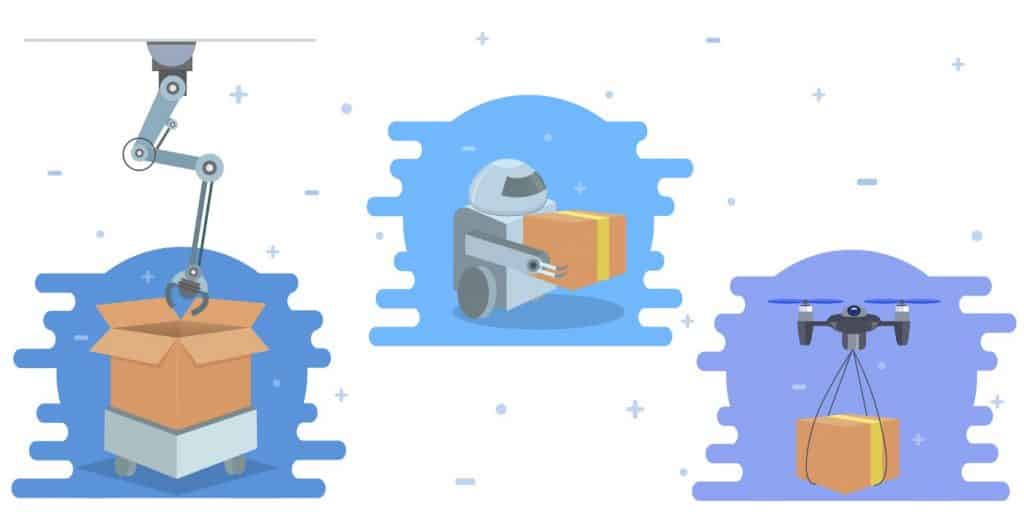1. Automation
It might be a cause of anxiety for inexperienced employees that more and more large corporations are looking to offshore or at the very least drop down their operations into sections that can be computerized, but this may also serve as an incentive to invest the money saved on hiring more competent experts in the sectors where they are lacking.
2. Human Assistance
When it comes to how computers reach judgments, even Google developers aren’t sure how their algorithms operate presently because of the intricacy of a specific system, a big problem, and a roadblock for humanity to fully trust AI. Research supported by the Defense Advanced Research Projects Agency (DARPA) is aimed at developing artificial intelligence programs that are able to adequately describe themselves and their findings, much like the fictional Westworld television series.
3. Conversation
In addition, there is no better method of learning about a subject than directly asking a person. Ultimately, we appear to have reached a point where this technique can be used in some capacity. It has been crawling toward this point for many years.
4. Cloud Processing
Because of the rising cloud infrastructure of business heavyweights, machine learning experiments formerly costing academics years and significant resources may now be conducted for pennies on the dollar. The fact that this possibility is available to the public means that there is a ready supply of local talent, which in turn fuels the growth of the profession.
5. Deep Learning
One of the most significant advancements in recent times was the widespread use of deep learning as a means to uncover more personal correlations connecting previously unseen parts of information, to the point of removing the human instructor from the picture. How Google Translate accidentally invented its own dialect that represents all linguistic forms in a single field, making it highly effective at interpreting any speech.
6. Data Monsters
It is essential, in order to create computers that can adapt, to have enough information on which to base them; otherwise, we are limited to creating robots that can just compete at checkers. As a result, an increasing number of businesses are placing an emphasis on data collection, particularly in key work processes, in order to develop stronger algorithms that genuinely enhance those operations. Humans will continue to play a significant role in the day-to-day functioning of civilization for some time to come since this component depends primarily on human activities.


